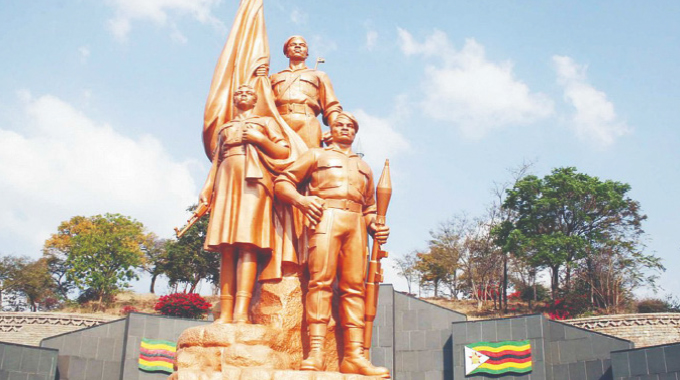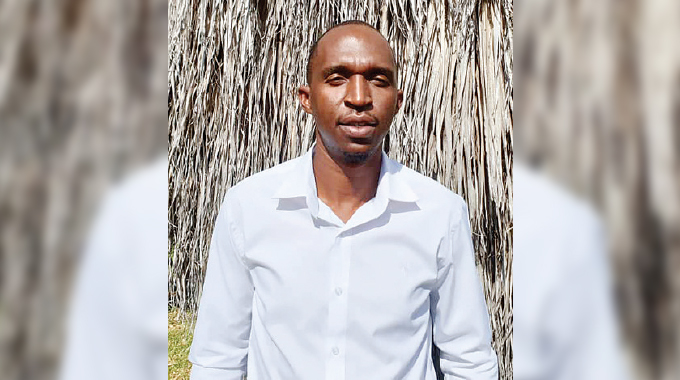COMMENT: Zimbabwe’s penal system has evolved

YOU commit crime, society responds by unreservedly condemning you.
It writes you off whether you did the wrong genuinely, by mistake or intentionally. Your time in jail is indeed, what jail time was historically meant to be — hell on earth. Twenty-four hours of hard labour, prison wardens kicking you at their pleasure, crumbs for food, your urine to quench your thirst and so on.
That penal system doesn’t allow the criminal to loosen up and look themselves in the mirror. It, instead, makes them angry, hardens them. It punishes and serves retribution. When they step out of those high walls, because they never had a time to reflect on the actions that put them there in the first place, they are still the depraved man or woman they were when they committed their first crime. As a result, they go back to their old ways of stealing, violent crime, fraud, rape and the like. And soon they are back as guests of the state once again, the cycle goes on and on.
Life is not meant to be like that. Yes, some among us will go astray at some point but what will be the difference between us and them if society treats its convicts so savagely. Tit for tat, no difference. We cannot rebuild, we cannot reform; we just punish, exclude and worsen.
A tour of some prisons by a delegation led by the Deputy Minister of Justice, Legal and Parliamentary Affairs, Norbert Mazungunye last week demonstrated how the local penal system has evolved.
The picture of Zimbabwe Prisons and Correctional Service Commissioner-General Cyril Chihobvu getting a clean haircut from an inmate, Mzobanzi Moyo, at Bulawayo Prison summed it all up. If indeed, our jails were the old, original ones, Comm-Gen Chihobvu would not have taken that risk, otherwise Moyo would take his revenge.
The ZPCS is now rehabilitating inmates through multiple skills training in carpentry, hair dressing, agriculture, performing arts and so on. Its farms such as Anju near Bulawayo have become centres of excellence where inmates are receiving training in agriculture. Upon their release, they become law-abiding farmers or farm workers.
In addition, the ZPCS has an initiative with Macdonald Bricks in Umguza, also near Bulawayo which enables prisoners to work there and get paid, and a fraction of their wages is sent out to their families. In this way, former bread winners will continue winning bread for their families while behind bars. That helps in maintaining the bond between the incarcerated person and their family. The family outside will not fall into poverty because the father committed a crime which earned him imprisonment.
Chances of an inmate who passed through the ZPCS gates relapsing are now very slim due to the rehabilitative and corrective approach they are advancing. Criminality gets reduced, society can get safer and functions much more humanely.












Comments